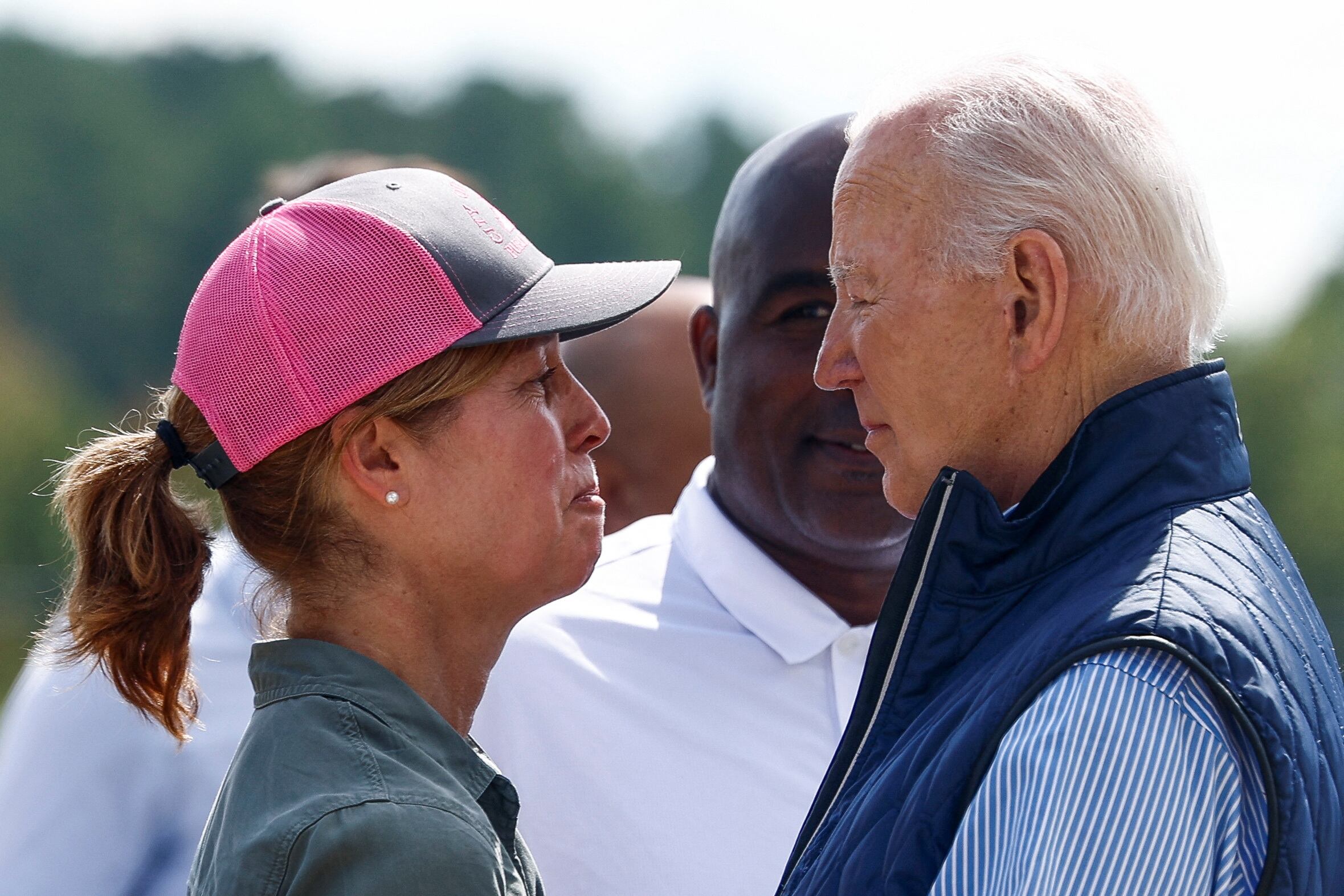“I was writing for the energy of this project, which changes through time,” guitarist and composer Jonathan Freilich says, as he surveys the origins of Tipish, the New Orleans Klezmer All Stars’ first album in nearly a decade. “We’ve been doing this since we were in our early 20s, and I’m 55 now. We’ve all gone through a lot of changes and the world has, too.”
Several factors contributed to the band’s decision to make a new record after such a long period of time. Freilich had recently completed a new body of work to refresh the Klezmer All Stars’ repertoire, they were able to track that material at New Orleans’ Happyland Theater and the group had yet to document their current lineup. That configuration is something of an all-star group that still gels like a local combo, featuring Freilich and the project’s co-founder, accordionist Glenn Hartman, as well as bassist Joe Cabral, The Iguanas drummer Doug Garrison, Galactic saxophonist Ben Ellman, Royal Roses/The Monocle saxophonist Aurora Nealand, Trombone Shorty saxophonist Dan Oestreicher and Naughty Professor’s Nick Ellman on clarinet.
“We recorded the entire record in two days, and most of it was a two-take situation,” Freilich says. “We wanted to do it all at once in a room and not really worry about the mistakes.”
The New Orleans Klezmer All Stars laid down Tipish in November of 2023, just over 30 years after the ensemble originally coalesced on the Crescent City circuit. At the time of the project’s inception, Freilich—whose credits now also range from Hal Wilner and U2 to Sam Rivers, Peter Stampfel, Burton Greene, Marshall Allen, The Wild Magnolias and Robbie Robertson—was working with Kermit Ruffins.
“[Ruffins’ bassist] Arthur Kastler, clarinetist Ben Schenck and I wanted to do a gig where we did tunes from around the world—some swing tunes, some tunes from Martinique—and we thought about these Klezmer tunes,” the guitarist says of the project’s early ‘90s origins. “It was entertaining because you’re in a culture with all this second-line music, which was really vibrant back then. We thought, ‘It would be fun to have second-line Klezmer music.’ We used to have a gig as a trio, and it turned out that everyone really liked the Klezmer tunes, and people started coming by to play them with us. That’s how the band got together. New Orleans music, before recent times, was all about dancing— four-hour gigs—so you had to keep people in the room by any means necessary. We would play those tunes in whatever language we were coming in with. Klezmer music is, basically, Yiddish secular music and oftentimes instrumental, so we built the show on that.”
The Klezmer All Stars’ funky fusion of a traditional sound and an alternative, modern aesthetic quickly caught on. And Freilich and Hartman soon found themselves drawing from New Orleans’ deep well of performers.
“The way that New Orleans music works, everyone plays with a lot of bands, which meant that there were people coming off reggae, jazz and funk shows to play with us,” he says. “I had been playing with ‘Mean’ Willie Green from The Neville Brothers, and The Neville Brothers were a very big deal back then—they had just had a hit record. I remember walking into rehearsal and saying, ‘We have this big gig coming up, and we don’t have a drummer’ and Willie said, ‘I’ll do it.’”
Along the way, that constellation of collaborations also played a pivotal role in Galactic’s development. It was through the All Stars that drummer Stanton Moore, who held down the kit in the klezmer collective for many years, befriended longtime All Stars member Ben Ellman. The saxophonist went on to join Galactic and remains the funk act’s horn player and producer to this day. More recently, Ellman brought in his cousin Nick, whose band Naughty Professor has been making waves as of late. Though the Klezmer All Stars’ performance calendar has been sparser in recent years due to the members’ other commitments—Hartman also ran the San Francisco venue The Independent—the band has continued to perform over the past decade.
“We were all still involved in music, though the band was mostly playing around big local gigs like Mardi Gras or a few fly-out-of-town gigs for bar mitzvahs and weddings,” Freilich says. “And Glenn and I were doing duo stuff.”
On Tipish, which means typical in English, Freilich continues to play with a once-codified form of music. That includes the Afrobeat-leaning klezmer original “King Fela’s Chicken Soup.”
“Sometimes I play games with Yiddish modes, leaving out these notes or adding a different player, while addressing this Jewish mythology a bit poetically,” Freilich says, while noting that he purposefully pushes the envelope with some of his song titles. “One of the best shows I’ve ever seen was Fela Kuti at Tipitina’s. When Ben Ellman and I first came to New Orleans, Ben was cooking there—he was the hamburger guy. Ben had to cook food for Fela, and he made chicken. Then, one of Fela’s wives came down and she said, ‘Let me show you how to make Fela’s chicken.’ And Ben was like, ‘Fela didn’t like the chicken?’ And she said, ‘King Fela.’ Of course, Jews love chicken soup, so I wrote that song to memorialize this funny story.”
Other selections are more serious in tone, like Shmerke Kaczerginski’s haunting Holocaust lullaby, “Dos Einte Kind,” which translates to “The Lonely Child.”
“We were contacted by Alix Wall, the daughter of the woman in the song,” Freilich says of the number, which was written inside the Vilna Ghetto. “She’s making a film about it. The song was hidden from her. It had to do with her grandmother having an affair with the songwriter.”
Kaczerginski was a Yiddish poet who, along with Wall’s grandmother, Rachela Pupko-Krinsky, was assigned by the Nazis to compile Jewish objects for their Museum of an Extinct Race.
“She is having different artists from around the world play the song for the film,” Freilich says. “We worked it up for them, and Glenn thought we should put it on the record.”
With their new LP in hand, the New Orleans Klezmer All Stars are hoping to hit the stage more often, continuing to bring a classic form of music into the 21st century.
“When this music came to America from eastern Europe, people used to remark that it was Jewish jazz,” the guitarist says. “Then, the musicians themselves started incorporating swing elements. And there were also musicians who would incorporate Yiddish music into the architecture of swing music. Ziggy Elman, the trumpet player for Benny Goodman, had them playing ‘And the Angels Sing.’ In the late ‘80s and early ‘90s, everyone was concerned about authenticity, and the idea of staking your identity on certain features is funny because different ideas are always circulating the globe, being used here, there and everywhere. We’ve become more insular now because the actual country people belong to is the internet.”
The post Reflections: New Orleans Klezmer All Stars appeared first on Relix Media.
























